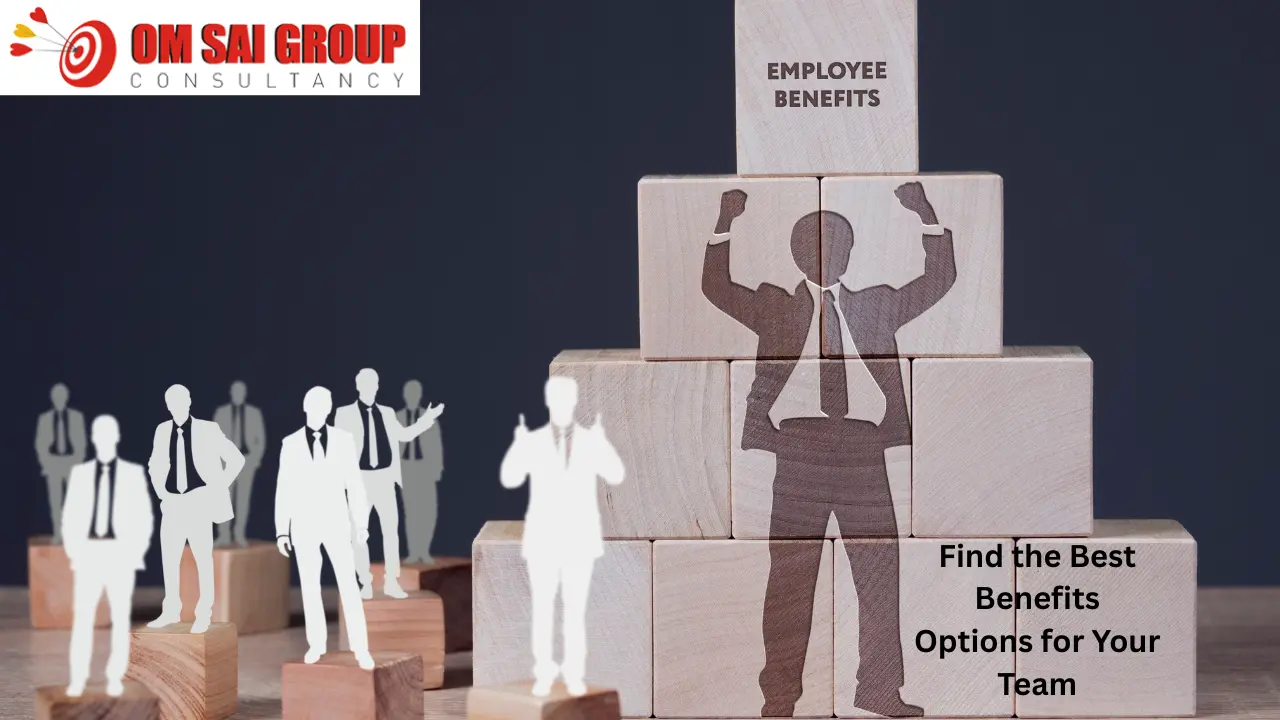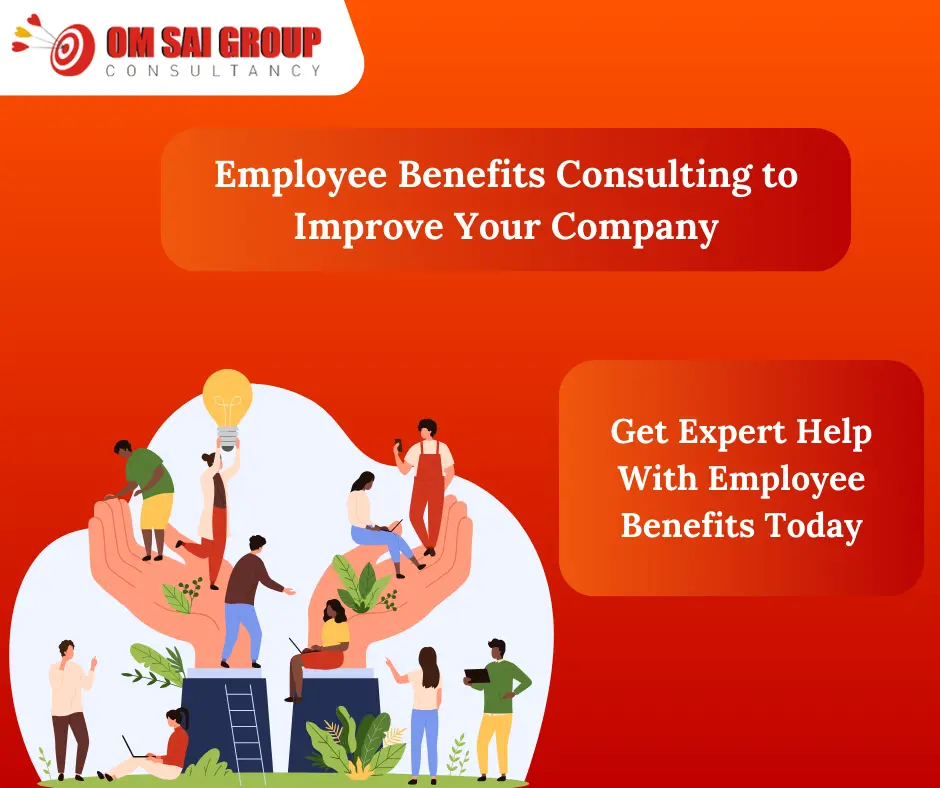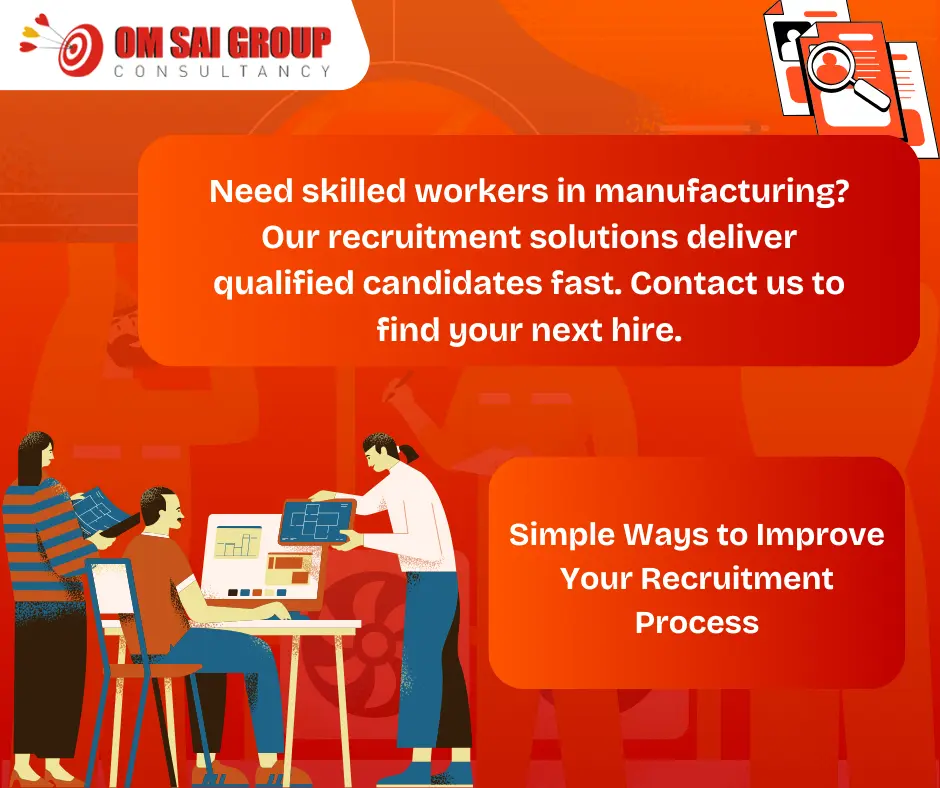Rethinking Workforce Value Through Strategic Benefit Design
Why Modern Companies Can’t Afford to Overlook Employee Benefits Consulting
In today’s highly competitive job market, talent is no longer magnetized by compensation alone. Workers are looking for more than a paycheck—they want care, stability, and the feeling that their well-being is important. That’s why employee benefits consulting has become not just a corporate niche, but a strategic imperative.
Corporations of all sizes are confronting unprecedented difficulties in keeping high-quality talent. With remote work redefining expectations, healthcare inflation squeezing tight, and growing mental health consciousness, companies can no longer provide one-size-fits-all solutions. The call for customization, compliance, and cost-effectiveness is greater than ever before. This is exactly where professional employee benefit consultants enter the picture.
These experts fill the gap between an organization’s HR goals and financial limitations. They demystify arcane insurance terminology, thread their way through Byzantine regulatory landscapes, and design customized benefits strategies for unique workforces. The result? Increased employee satisfaction, reduced risk, and a healthy bottom line.
But the impact of an effective employee benefits consultant goes well beyond. An intentionally crafted benefits package can help raise a firm’s brand reputation. It’s not merely about employee satisfaction—it’s about making your business a destination workplace. recruitment Agencies
In Ahmedabad and other emerging urban centers, the increase in demand for employee benefit consultancy is a sign of a deeper change. Companies are beginning to realize that benefits are no longer “add-ons”—they’re critical tools of workforce engagement and longevity.
Grasping the Power of Benefits: A Corporate Paradigm Shift
From Cost Centers to Strategic Assets
Not long ago, benefits were viewed as administrative hassles. HR staffs dealt with multiple vendors, compliance deadlines, and increasing expenses with scant strategic cohesion. Now, that conversation has changed. Benefits are no longer static perks—they are active tools driving retention, morale, and even productivity.
For instance, firms that do employee benefits consulting have up to 23% retention rate improvement, as indicated by a 2023 Willis Towers Watson survey. This statistic highlights a fundamental reality: when workers feel appreciated beyond their pay, they’re more likely to remain.
In India, with multigenerational workforces of diverse employee compositions, benefit expectations are changing fast. Gen Z will expect wellness initiatives and mental health services. Millennials expect flexible work arrangements and family leave. Baby boomers continue to look for strong retirement and medical benefits. A seasoned employee benefit consultant addresses these divergent requirements without causing financial distress.
Further, benefits consultants have an insider’s sense of market direction, carrier bargaining, and legal consequences of non-compliance. As labor laws change daily, businesses can no longer afford to depend on antiquated in-house methods. Outsourcing to a reliable employee benefit consultancy protects your operations while empowering your individuals.
The Consultant’s Role: More Than a Middleman
Architecting a Benefits Blueprint That Works
Imagine a superior employee benefit consultant as not a vendor, but an architect. They start with diagnostic wisdom—learning a company’s demographic makeup, business objectives, and budgetary limitations. From there, they design a tailored blue print.
But that’s only the start. manpower Service
The best employee benefit consultants are constantly optimizing. They monitor benefit usage data, employer feedback, and insurer performance. Are your employees accessing mental health resources? Is your wellness program influencing participation? Is cost being managed without compromising quality? These are the numbers they monitor with steady determination.

Actually, high-level consultants provide benchmarking services to demonstrate how your benefits compare with industry peers. If your competitors are providing better leave policies or education allowances, your consultant will assist you in leveling up—or beating them.
They also perform risk assessments. This involves examining stop-loss insurance, claim frequency, and employee turnover rates—all of which are important in pinpointing financial leaks before they reach crisis status.
More importantly, a savvy employee benefits consulting partner is a communications strategist too. Employee benefits are only effective to the degree that they’re understood. An underutilized or misunderstood package is wasted capital. Consultants design communications plans, host webinars, and facilitate one-on-ones to help each employee recognize and appreciate what they’re receiving.
Why Ahmedabad is Becoming a Hotbed for Employee Benefit Consulting
Regional Talent Growth Meets Global HR Expectations
Ahmedabad—once considered a commercial center—is rapidly transforming into a corporate power center. As multinational corporations establish base and startups pick up momentum, the need for HR acumen is greater than ever.
Local companies, which were happy with generic packages in the past, increasingly look for strategic advisory services at par with international standards. That’s why the growth in demand for employee benefit consultancy in Ahmedabad is no coincidence—it’s a direct reflection of increased workforce expectations.
What makes employee benefits consulting all the more important in Ahmedabad-like cities is the heterogeneous industrial landscape. From textile behemoths to IT startups, the employee demographics are widely varied, and so are the needs. The needs of a factory worker are very different from those of a backend developer. Harmonization of benefits with such heterogeneity can only come through a sophisticated approach.
Further, India’s regulatory environment is also in a state of flux. From EPFO compliance to tax-savings investments, it’s an ever-changing complexity that needs expertise, not once, but repeatedly. That’s where it helps to collaborate with experienced employee benefit consultants. Staffing solutions
Tangible ROI: Why Smart Investment in Benefits Pays Off
Making the Business Case for Employee Benefit Consulting
Although some consider spending on benefits as an expense, the figures say otherwise. A 2024 report from Mercer states that businesses who engage in professional employee benefits consulting firms achieve 2x ROI on HR investments than those who handle it internally.
Here’s why:
- Lower Turnover: Satisfied employees who are pleased with their benefits are less likely to quit.
- Increased Productivity: Well-rounded wellness and health plans minimize absenteeism.
- Higher Engagement and Innovation: Feeling appreciated encourages greater involvement and creativity.
- Differentiation: Differentiation for being competitive attracts improved candidates.
As talent wars happen in the reality of today’s economy, that ideal employee benefits consultancy may become your silent differentiation.
Also, the cost to disengagement is prohibitive. Gallup’s estimate is that disengagement costs the international economy $8.8 trillion in lost productivity each year. Benefits, being tied to authentic employee requirements, re-sparks that engagement.
Time to Act: Make Employee Benefits a Competitive Advantage
Transforming Your Workforce Strategy, One Benefit at a Time
Choosing the right employee benefit consultants is not just about outsourcing a function—it’s about reshaping your workforce strategy. Whether you’re a mid-sized enterprise or a scaling startup, the time to act is now. Delaying investment in benefits advisory is no longer an option—it’s a risk. Placement Service
Begin with an audit. Know what you provide, what your competitors offer, and where the gaps are. From there, partner with a reputable employee benefit consultancy that shares your culture and vision. Ensure they provide ongoing support, strategic advice, and a proactive approach to legislative change.
In the end, companies that view benefits as assets—and not overheads—come out stronger, more resilient, and more attractive to top talent.
In an age when every new hire matters, when loyalty in the workplace is earned, not taken, and when well-being is a key performance indicator—employee benefits consulting is no longer a nicety. It’s a cornerstone of enduring growth.




